24" Widescreen Gaming
For gameplay evaluations on a CRT monitor, please head straight to our CRT performance section.The Elder Scrolls IV: Oblivion
Publisher: 2K GamesWe used the latest addition to the impressive Elder Scrolls series of titles, Elder Scrolls IV: Oblivion with the 1.1 patch applied. It uses the Gamebyro engine and features DirectX 9.0 shaders, the Havok physics engine and Bethesda use SpeedTree for rendering the trees. The world is made up of trees, stunning landscapes, lush grass and features High Dynamic Range (HDR) lighting and soft shadowing. If you want to learn more about The Elder Scrolls IV: Oblivion, we recommend giving our graphics and gameplay review a read.
The graphics options are hugely comprehensive, with four screens of options available for you to tweak to your heart's content. There is also the configuration file too, but we've kept things as simple as possible by leaving that in its out of the box state. For our testing, we did several manual run throughs to test the game in a variety of scenarios ranging from large amounts of draw distance, indoors and also large amounts of vegetation. Our vegetation run through is the result that we have shown, as it proved to be the most stressful - we walked up the hill to Kvach, where the first Oblivion gate is located.
________________________________________________________________________________
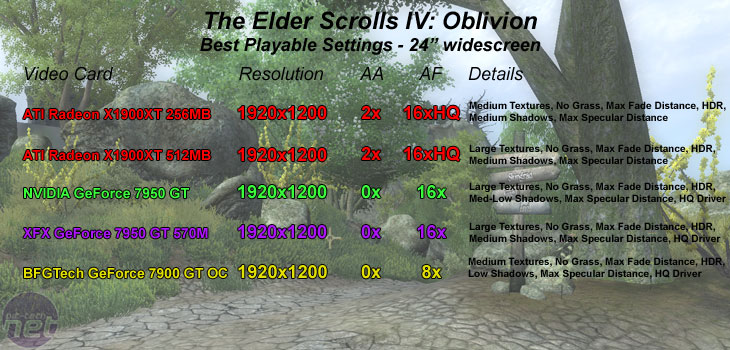

Again, the two Radeons delivered a better overall experience because the cards were capable of HDR and anti-aliasing at the same time. The XFX GeForce 7950 GT 570M Extreme wasn't a bad performer though, it just lacked some anti-aliasing. While anti-aliasing doesn't make a massive difference in rural areas, it can make a huge difference in built up areas.

MSI MPG Velox 100R Chassis Review
October 14 2021 | 15:04


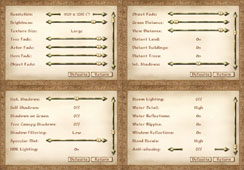
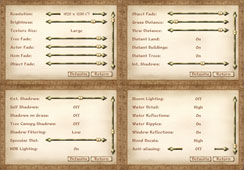
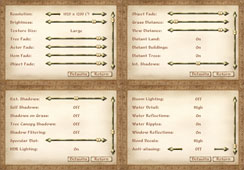
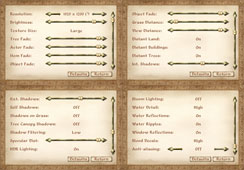
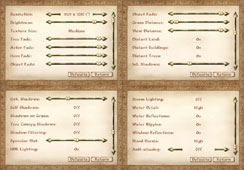




Want to comment? Please log in.